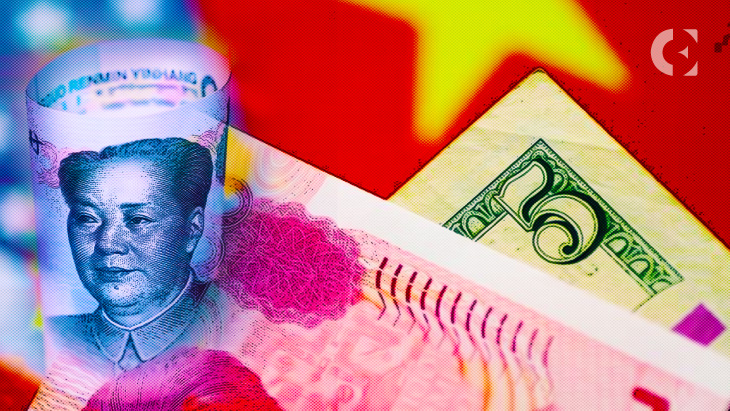- The People’s Bank of China will cut the reserve requirement ratio for banks in February.
- The 0.5 percentage cut is expected to increase long-term liquidity in the market.
- Reports note the Central Bank may be considering further economic easing.
The People’s Bank of China announced on Wednesday plans to cut the reserve requirement ratio (RRR) for banks to release more money and boost the economy, a Bloomberg report details, quoting the Central Bank’s Governor Pan Gongsheng.
According to that report, the Central Bank’s planned RRR reduction will come in early February and is slated as a 0.5 percent cut. A cut at that level will reduce the amount of cash banks are required to keep in their reserves in order to offer their services. Pan, during a briefing with the press on Wednesday, said the RRR cut will stimulate the flow of one trillion yuan or approximately $139 billion in long-term liquidity to the market.
The announced reserve requirement ratio cut will be the first this year. Last year, the Chinese Central Bank made two reductions, with the last coming in September. Reducing the reserve limits that banks must keep will boost lenders’ ability to offer loans and stimulate spending in the overall economy.
Meanwhile, a CNBC report notes the Pan-led Central Bank administration may be considering further monetary policy easing. Economic metrics released last week showed the world’s second-largest economy grew 5.2% in 2023, about in line with analysts’ expectations. However, the country continues to grapple with a slow post-COVID recovery.
Elsewhere, crypto trading activities in the Asian country have reportedly continued to thrive despite Beijing’s 2021 ban on digital assets. According to a Wall Street Journal report, crypto traders continue to carry out trading activities underground, despite a long list of related sanctions and punishments imposed by the government.
Disclaimer: The information presented in this article is for informational and educational purposes only. The article does not constitute financial advice or advice of any kind. Coin Edition is not responsible for any losses incurred as a result of the utilization of content, products, or services mentioned. Readers are advised to exercise caution before taking any action related to the company.










